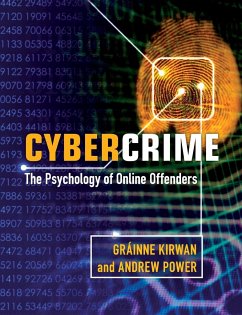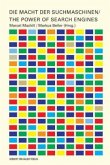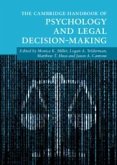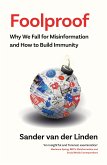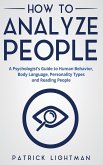Cybercrime is a growing problem in the modern world. Despite the many advantages of computers, they have spawned a number of crimes, such as hacking and virus writing, and made other crimes more prevalent and easier to commit, including music piracy, identity theft and child sex offences. Understanding the psychology behind these crimes helps to determine what motivates and characterises offenders and how such crimes can be prevented. This textbook on the psychology of the cybercriminal is the first written for undergraduate and postgraduate students of psychology, criminology, law, forensic science and computer science. It requires no specific background knowledge and covers legal issues, offenders, effects on victims, punishment and preventative measures for a wide range of cybercrimes. Introductory chapters on forensic psychology and the legal issues of cybercrime ease students into the subject, and many pedagogical features in the book and online provide support for the student.
Hinweis: Dieser Artikel kann nur an eine deutsche Lieferadresse ausgeliefert werden.
Hinweis: Dieser Artikel kann nur an eine deutsche Lieferadresse ausgeliefert werden.
'Kirwan and Power have produced a truly contemporary text that shines a very bright and critical light on the relatively unexplored area of cybercrime. From the borderlands of terrestrial and cybercrime to the new world of virtual crime, this current and rapidly expanding area of academic concern is made accessible and critically comprehensible in both its new concepts and language.' David A. Holmes, Manchester Metropolitan University

